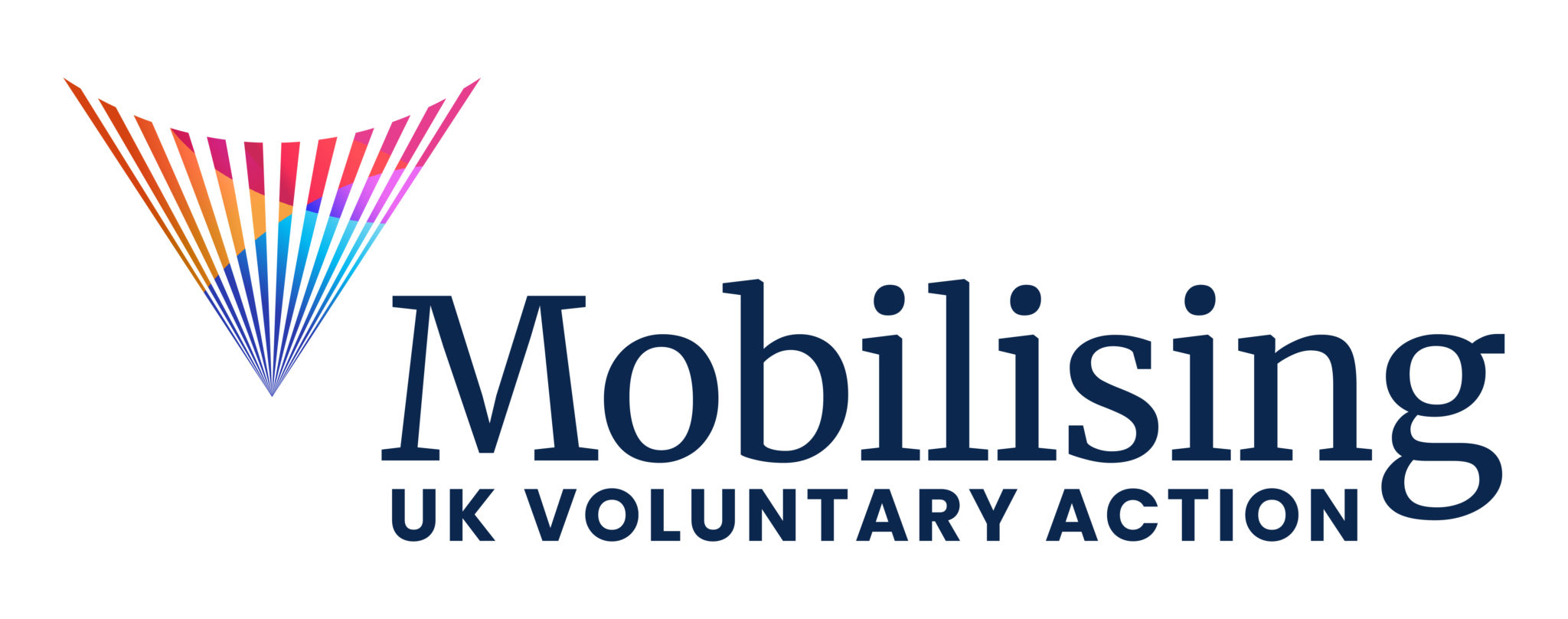Our journey so far
March 30 2021 Laura Crawford

Our journey so far…
This article provides a short overview of some of the key project milestones that took place while we were working on developing the project website. We look forward to bringing you updates on our emerging research over the course of the project. Make sure to follow our project Twitter account @MVAin4 for regular updates.
When the research was awarded funding at the end of September 2020, we reassembled our project team and immediately set to work operationalising the four work packages and data collection plans. The project was up and running by the end of October and our priority was to transform our proposal into a deliverable work plan to enable us to produce meaningful and impactful outputs within the lifetime of the grant.
Co-producing the project
While many members of our team had worked together in the past, for others, their first introductions were facilitated in cyber space. To enable us to co-produce the project within the constraints of virtual working, we established a system for collaboration and reporting to ensure all members of the team had a chance to contribute to the development of the project. Our UK-wide team gather for a virtual meeting once a month, regular bilateral meetings are convened to progress individual work packages and to provide a space for each jurisdiction to discuss data collection in their context and the management team (Hardill, Grotz and Crawford) meet every Monday morning to plan for the week ahead.
The project is supported by an expert panel from across the UK. The first advisory panel meeting took place in December 2020, where members shared their perspectives on our data collection plans and common conceptual framework. We are very grateful to the panel for their continued support of the project.
Gaining a shared understanding
After determining the practicalities of our collaborative research, it was imperative to create a shared understanding of key concepts that underpinned the project. Dr Jurgen Grotz led on the development of a common conceptual framework using a Theory of Change model. A virtual Delphi exercise was facilitated to enable members of the core team and advisory panel to share their perspectives on terminology that is central to our project. This work forms the first of our project working papers, and can be found on this link:
B1: Policy Analysis
One of the first work packages to get underway was the B1- Policy Analysis. Professor Ewen Speed established a policy sub-group within the core project team. The sub-group have collated over 100 policy documents relating to volunteering and pandemic preparedness. These documents are being analysed using discourse analysis techniques to establish points of policy divergence across the devolved administrations. We look forward to updating you with the emerging findings.
B4: The Call for Evidence
A significant component of our project is the Call for Evidence which was initially envisaged as a request for information from key stakeholders who had mobilised or supported the mobilisation of volunteers during the pandemic. By the time our project had started there was already an emerging body of literature that explored key trends in voluntary action during the pandemic, most notably during the first lockdown. A strong message that arose from our advisory panel meeting was the widespread sense of survey fatigue across the sector. Organisations were not only faced with responding to the challenges of the pandemic but were increasingly being asked to participate in research.
Rather than devising a large survey as we envisaged when we wrote the research proposal (in May 2020), we analysed the large body of evidence to identify key themes and then identified key gaps in knowledge. This was a crucial step to avoid duplication and to ensure our research was valuable to the sector.
After synthesising themes from a vast range of research outputs, the Call for Evidence has evolved into a targeted survey. Each national team is developing their country-specific survey with support from colleagues and advisory panel members. Five core questions will feature across the four surveys, then each national team will develop additional questions to respond to the specificities of their context. The survey seeks to capture not only the surge in voluntary effort at the outset of the pandemic and the first lockdown but also to identify types of volunteering or areas of need which have been disproportionately impacted during the pandemic. The survey data will provide an invaluable UK-wide evidence base and the findings will inform our recommendations for recovery.
Stay tuned to our News pages where we will share key updates on our data collection and generate reports on our project findings.





